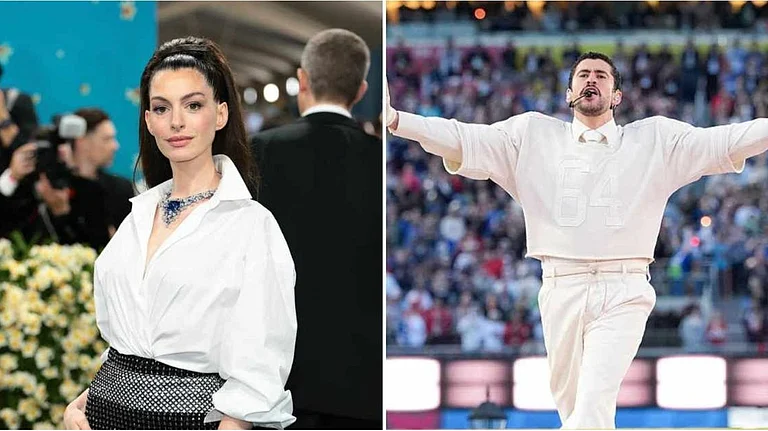Recent reports hint at a potential visit by North Korea's leader, Kim Jong Un, to Russia in the near future. The primary agenda of this speculated meeting with Russian President Vladimir Putin could revolve around the supply of North Korean weapons, possibly for Putin's ongoing conflict in Ukraine. This development underscores a noteworthy transformation in Russian-North Korean relations.
During the era of the Cold War, North Korea stood as a crucial ally to Moscow in the northeast Asian region. However, in those times, North Korea was more of a subordinate to a formidable superpower. Fast forward to today, and Kim's secluded regime has become an unlikely partner in Russia's endeavors.
While Putin's engagement with North Korea has a history dating back to his presidency, it was often marked by exoticism rather than practicality. Russia's true trade partner in the region was South Korea, with substantial trade volumes exceeding $30 billion in 2021. North Korea, laden with severe sanctions—many of which Russia had a hand in crafting—never presented itself as an attractive partner to Moscow. That was until the invasion of Ukraine reshaping the geopolitical landscape.
The pivotal turning point occurred in May 2022 when Russia, alongside China, vetoed a UN Security Council resolution targeting Pyongyang for missile tests. This act hinted at the beginning of the end of North Korean sanctions. In July 2022, North Korea recognized the Russian-occupied puppet republics of Donetsk and Luhansk, preceding their annexation by Russia. Subsequently, Russian Defense Minister Sergei Shoigu's visit to Pyongyang in July this year marked a new chapter in their relationship, with Kim showcasing North Korean weaponry to his Russian counterpart.
Russia's apparent quest for North Korean weapons and ammunition underscores a level of desperation in the Kremlin, likely influenced by the Ukrainian conflict exposing weaknesses in Russia's military capabilities. This situation raises several considerations for Putin.
Firstly, disregarding the sanctions regime, which Russia had a role in creating, may be the least of Putin's concerns, given Russia's status as a pariah state under extensive Western sanctions. Second, by cultivating ties with Pyongyang, Russia risks further straining its relationship with South Korea, already weakened by Seoul's alignment with Western sanctions. Finally, Putin must question the trustworthiness of North Korea as a partner, historically known for unpredictability and exploiting divisions among allies.
Despite these challenges, Putin may have strategically chosen to align closer with North Korea due to evolving global dynamics. The decline of the post-Cold War world and the resurgence of bloc mentalities encourage such realignments. Notably, China, a long-time sponsor of North Korea, has also been moving closer to Russia amid its escalating tensions with the United States. The last time these three nations shared similar inclinations was during the late 1940s to early 1950s, which marked a turbulent period for Northeast Asia.
While it remains uncertain whether Kim will meet with Putin, the shifting dynamics between their countries reflect Russia's changing posture. This shift is not due to North Korea's transformation but is rather a consequence of Russia's evolving geopolitical stance. As Russia descends further into autocracy, it may find common ground with North Korea, potentially altering the geopolitical landscape.


























